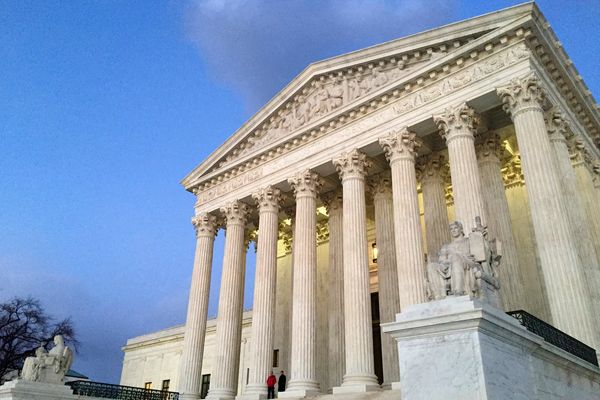The UK's night sky will be lit up with colour this evening, February 27, as the Northern Lights are set to be visible as far as Cornwall.
The Aurora Borealis are typically best seen in areas with high latitudes and are closer to the Arctic, such as Iceland and Scandinavia.
Usually, Scotland is the only part of the UK that is lucky enough to see the wonders of the world, however tonight, even areas of south England, including Kent and Cornwall should be able to see the display.
The Met Office confirmed on late Sunday evening that "A coronal hole high-speed stream" would be combined with a "fast coronal mass ejection" allowing the Lights to be seen across the UK.
The service also shared that the Aurora should be visible again in parts of the UK.
Did you see the Northern Lights last night? Share any photos you took using #LoveUKWeather to be in with a chance of featuring later There's another chance to see the #Aurora tonight https://t.co/l3mE3kxZ4Y
— Met Office (@metoffice) February 27, 2023
How to see the Northern Lights in the UK?
If you want to grab a glimpse at the Aurora Borealis you'll need to be in a dark open space high off the ground such as a hill.
You also have better chances of seeing it in northern areas of Scotland with good, dark and clear nights being the best.
What are the Northern Lights?
The Aurora is caused by atoms and molecules in our atmosphere colliding with particles from the Sun, according to the Royal Museum Greenwich.
Adding that the light's wavy patterns are created by force lines in the Earth's magnetic field, with the different colours created by different gasses.
The lowest area of the Aurora is normally around 80 miles from Earth whilst the top could be hundreds of miles above Earth.







